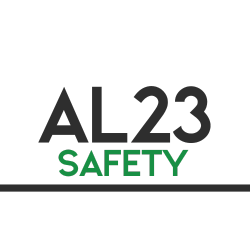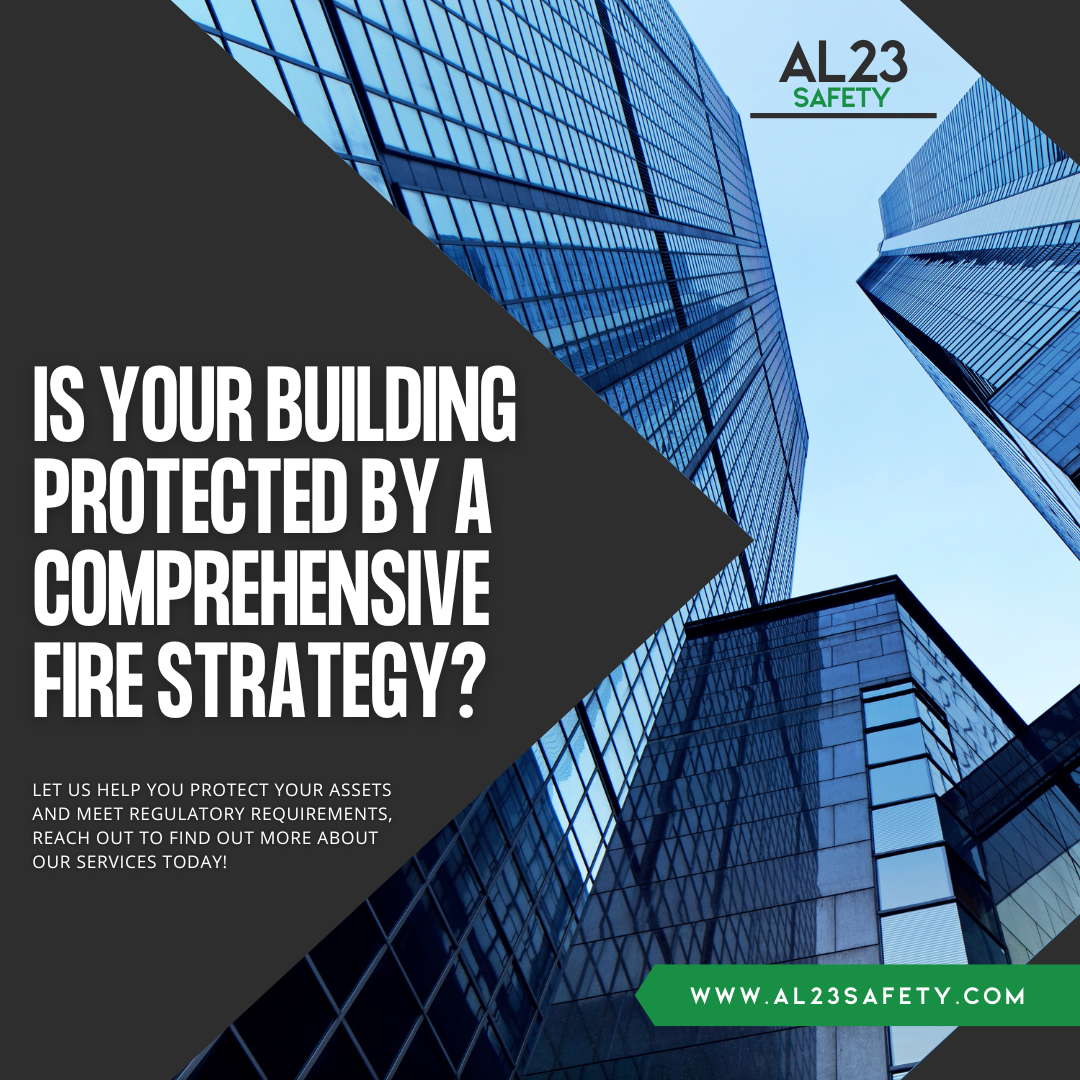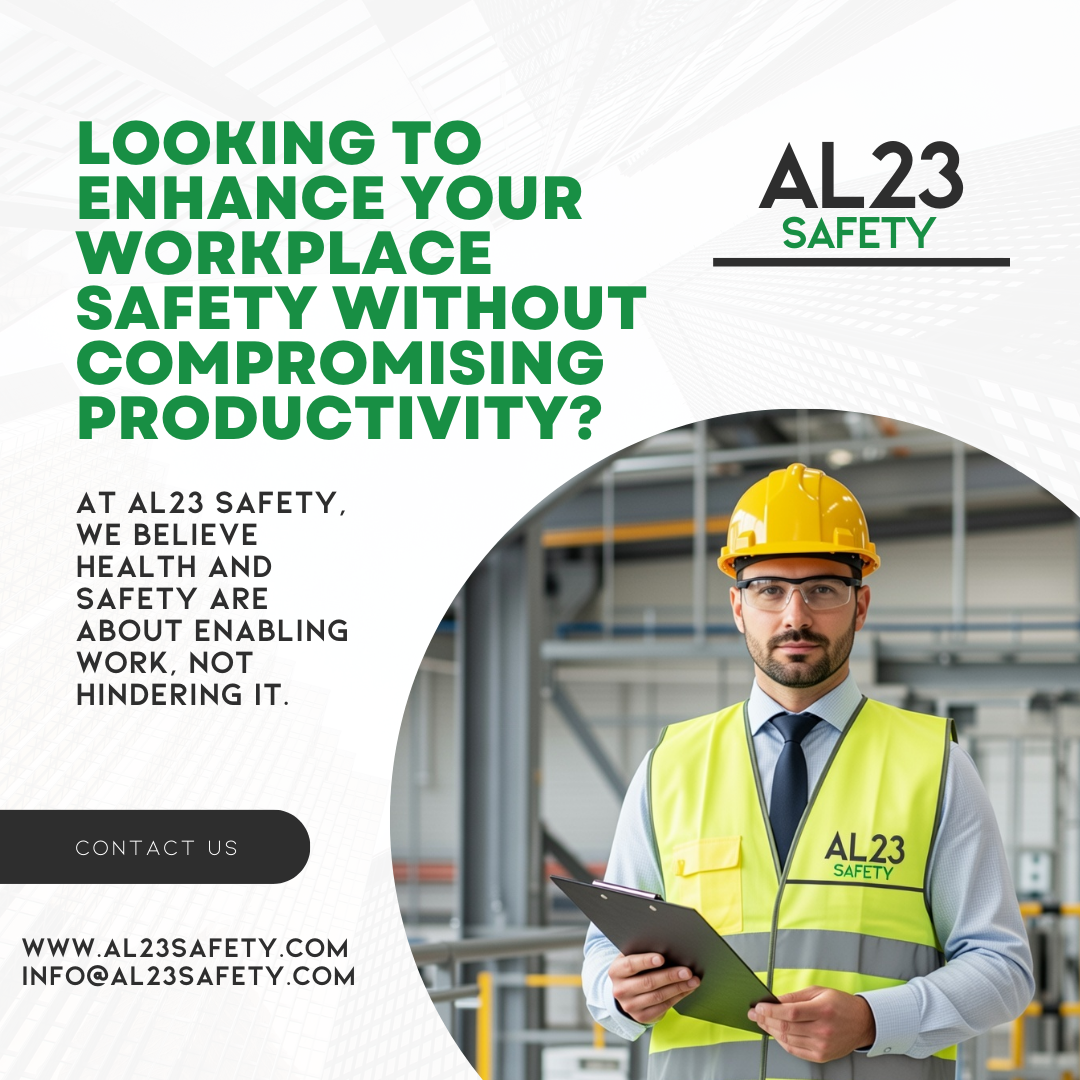DSEAR risk assessments are critical for ensuring workplace safety and compliance in environments where dangerous substances are present. The Dangerous Substances and Explosive Atmospheres Regulations (DSEAR) are designed to protect employees, assets, and the environment from the risks posed by hazardous materials. At AL23 Safety, we specialise in conducting thorough DSEAR risk assessments to help businesses meet legal requirements while fostering a safer workplace. In this guide, we’ll explore the importance of DSEAR risk assessments and outline the five essential steps to implementing them effectively.
What Are DSEAR Risk Assessments?
DSEAR risk assessments involve evaluating the risks associated with dangerous substances that could create explosive atmospheres. These substances include flammable liquids, gases, vapours, and combustible dusts. The goal is to identify potential hazards, assess ignition sources, and implement control measures to mitigate risks. Compliance with DSEAR is not only a legal obligation but also a vital step in preventing workplace accidents, such as fires or explosions, which could have devastating consequences.
By conducting robust DSEAR risk assessments, employers demonstrate their commitment to workplace safety compliance, protecting their workforce and ensuring business continuity. Below, we outline the five key steps to conducting an effective DSEAR risk assessment.
Why DSEAR Risk Assessments Matter
DSEAR risk assessments are the cornerstone of any safety protocol in workplaces handling hazardous materials. Failing to comply with DSEAR can result in severe penalties, including fines and reputational damage. More importantly, inadequate risk management can lead to catastrophic incidents, endangering lives and property.
By proactively addressing the risks of dangerous substances, businesses can:
- Ensure Legal Compliance: Meet the requirements of DSEAR and other health and safety regulations.
- Protect Employees: Create a safer working environment, reducing the likelihood of accidents.
- Safeguard Assets: Prevent costly damage to equipment, facilities, and materials.
- Enhance Reputation: Demonstrate a commitment to safety, boosting trust among employees and clients.
At AL23 Safety, our expertise in DSEAR risk assessments ensures that your workplace is both compliant and secure. Let’s dive into the five essential steps of our proven process.
Step 1: Identifying Dangerous Substances
The first step in conducting DSEAR risk assessments is identifying all dangerous substances present in the workplace. These may include flammable liquids (e.g., petrol or solvents), gases (e.g., methane or propane), vapours, or combustible dusts (e.g., wood or flour dust). Each substance has unique properties that could contribute to an explosive atmosphere under certain conditions.
Our team at AL23 Safety meticulously catalogues all hazardous materials, ensuring no potential risk is overlooked. This step lays the foundation for a comprehensive risk assessment.
Step 2: Evaluating Risks and Ignition Sources
Once dangerous substances are identified, the next step is to evaluate the risks they pose. This involves assessing how these substances could ignite and the potential consequences of an incident. Common ignition sources include sparks, open flames, hot surfaces, and electrical equipment.
Our experts analyse the likelihood and severity of risks, considering factors such as:
- The quantity and storage of hazardous materials.
- Workplace conditions, such as ventilation and temperature.
- The presence of employees or visitors in high-risk areas.
This thorough evaluation ensures that all potential hazards are accounted for in your DSEAR risk assessments.
Step 3: Implementing Control Measures
After identifying and evaluating risks, the next step is to implement control measures to mitigate them. These measures may include:
- Engineering Controls: Installing explosion-proof equipment or improving ventilation systems.
- Administrative Controls: Developing safe work procedures and providing employee training.
- Personal Protective Equipment (PPE): Supplying appropriate PPE to workers in high-risk areas.
At AL23 Safety, we tailor control measures to your specific business needs, ensuring that your workplace exceeds DSEAR compliance requirements while maintaining practicality and efficiency.
Step 4: Continuous Monitoring and Review
DSEAR risk assessments are not a one-off task. Workplaces evolve, with changes in processes, personnel, or materials potentially introducing new risks. Regular monitoring and review are essential to maintain workplace safety compliance.
We recommend scheduling periodic reviews of your DSEAR risk assessments to account for:
- New equipment or substances introduced to the workplace.
- Changes in regulations or industry standards.
- Feedback from employees or safety audits.
Our team provides ongoing support to ensure your risk assessments remain up-to-date and effective.
Step 5: Partnering with Experts for Compliance
Navigating the complexities of DSEAR can be challenging, but partnering with experienced professionals simplifies the process. At AL23 Safety, we bring years of expertise in conducting DSEAR risk assessments, helping businesses across the UK achieve compliance and enhance safety.
Our tailored approach ensures that your workplace is protected from the risks of dangerous substances, giving you peace of mind and allowing you to focus on your core operations.
Conclusion: Prioritising Safety with DSEAR Risk Assessments
DSEAR risk assessments are a vital component of workplace safety compliance, protecting employees and businesses from the dangers of hazardous materials. By following the five essential steps outlined above, identifying substances, evaluating risks, implementing controls, continuous review, and partnering with experts, you can create a safer, compliant workplace.
At AL23 Safety, we’re committed to helping you navigate DSEAR with confidence. Our comprehensive DSEAR risk assessments are designed to meet your unique needs, ensuring both safety and compliance. Contact us today to learn how we can support your business in creating a secure environment for your workforce. Together, let’s build a safer future.



